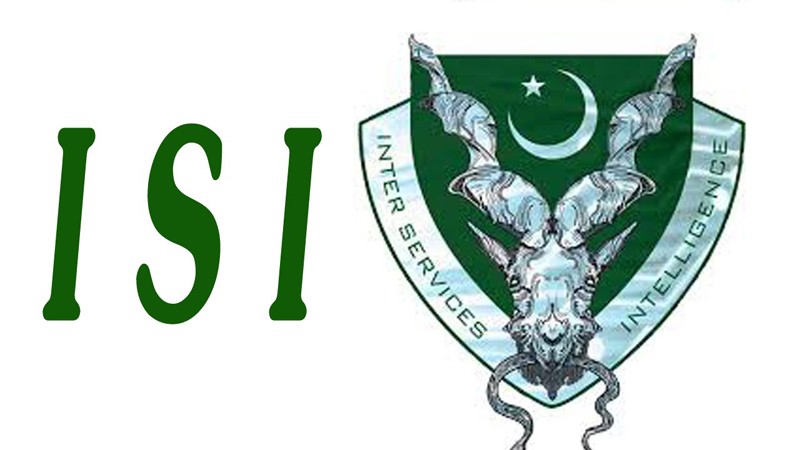
Posted On : Dec 26 2020
ISI Activities in India : A Persistent Threat
The Inter-Services Intelligence (ISI), Pakistan`s premier intelligence agency, has long been a subject of concern for India`s national security apparatus. With a history of clandestine operations and support for various militant groups, the ISI`s activities in India have remained a persistent challenge.

The ISI's involvement in India can be traced back to the tumultuous years surrounding the partition of India in 1947. Since then, the ISI has been implicated in various subversive activities, including espionage, funding insurgencies, and promoting terrorism. Its primary goal has been to weaken India, create instability, and assert influence in the region.
One of the most concerning aspects of ISI activities in India is its support for proxy warfare. The ISI has a track record of arming, training, and financing various insurgent groups operating in India's sensitive regions, such as Jammu and Kashmir and the northeastern states. These groups often carry out acts of terrorism and violence, leading to significant security challenges.
The ISI has also been actively engaged in espionage within India. It has employed a network of spies and agents to gather sensitive information about India's military, political, and economic affairs. This intelligence is then used to gain strategic advantages and undermine Indian interests. Cases of espionage and the arrest of ISI agents periodically come to light, highlighting the ongoing threat.
The ISI is known to be involved in radicalizing and recruiting individuals within India to carry out acts of terror. These individuals are often brainwashed and trained to execute attacks on Indian soil. The radicalization process is a grave concern as it poses a direct threat to national security, leading to incidents like the 2008 Mumbai attacks.
In recent years, the ISI has expanded its activities into the realm of cyber warfare. It has been implicated in numerous cyberattacks on Indian government websites, critical infrastructure, and financial institutions. These attacks not only disrupt essential services but also compromise sensitive data, posing a severe threat to India's security and economy.
India has been actively countering the ISI threat through various means, including intelligence sharing with international partners, strengthening border security, and improving cyber defense capabilities. Additionally, diplomatic efforts have been made to isolate Pakistan on the global stage, highlighting its role in supporting terrorism.
To effectively counter the ISI's activities in India, a multi-faceted approach is required. This should include:
Enhanced Intelligence Cooperation: India needs to strengthen its intelligence-gathering capabilities and foster better cooperation between its intelligence agencies. Timely and accurate information is crucial in thwarting ISI-sponsored activities.
Border Security: Strengthening border security is imperative to prevent infiltration of militants and arms. The use of modern technology and intelligence-based operations can help in this regard.
Cybersecurity: Investing in robust cybersecurity infrastructure is essential to safeguard against cyberattacks launched by the ISI. Public and private sector organizations must work together to bolster India's cyber defenses.
Countering Radicalization: Countering the radicalization efforts of the ISI requires a comprehensive approach involving education, community outreach, and rehabilitation programs for individuals who have been radicalized.
Diplomacy: India should continue its diplomatic efforts to expose Pakistan's support for terrorism on the international stage, garnering support from the global community.
The ISI's activities in India represent a persistent and evolving threat to the nation's security. India must remain vigilant, adapt to changing tactics, and employ a comprehensive strategy to counter this threat effectively. With strong intelligence capabilities, border security measures, and international cooperation, India can mitigate the influence and impact of the ISI on its soil, ultimately ensuring the safety and security of its citizens.






















ragi3
Nice Article by Ananth